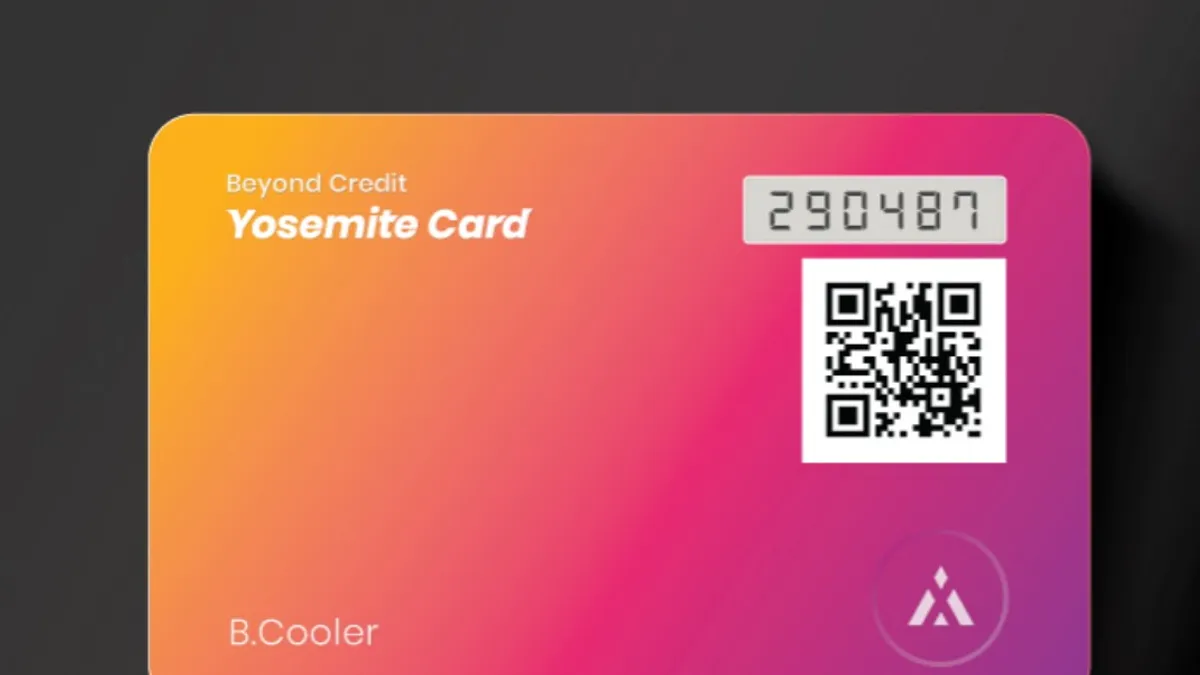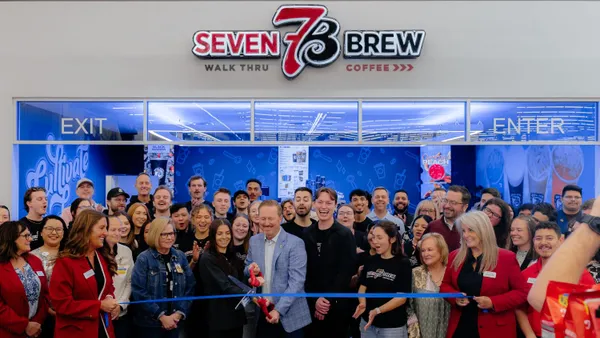Dive Brief:
- Yosemite X, a technology that developed a public blockchain platform based on fiat currency — which the company claims is a more stable cryptocurrency — has launched Yosemite Card, a 0% transaction fee credit card, according to a press release emailed to Restaurant Dive.
- The card is currently being adopted by merchants and restaurants in Palo Alto, which are expected to save 2% to 3% annually on transaction costs. Students at Stanford University will be among the initial customers to use the payment cards.
- Restaurants also can use the card system to develop a native loyalty rewards program. Yosemite Card also provides merchant partners with a tablet that's pre-configured for their business, tablet stand and charger, and doesn't require special devices or readers if the store wants to run the application through their own devices, according to the company.
Dive Insight:
While the card is available only to a specific region at the moment, it represents a new opportunity within the retail and restaurant environment. Blockchain, which is essentially a secure digital ledger, has yet to be widely adopted by restaurant operators, but can provide a way to remove some existing costs to improve margins.
However, businesses and consumers have been slow to adopt the technology due to regulatory uncertainty and mistrust among blockchain users. Many people don’t understand the technology either because of the complicated jargon and confusion surrounding how it works.
For those willing to take the plunge into blockchain, usage is not necessarily constrained to transactions. Chanticleer Holdings has been working with Mobivity to develop a rewards program that can be used across its brands, according to QSR Magazine. Customers earning credits at a Little Big Burger could then redeem rewards at sister burger brand BGR. Mobivity’s program in general can allow users to redeem points at different merchants. Starbucks, Sweetgreen and Bloomin’ Brands have also been looking into blockchain to better monitor their supply chains, according to QSR Magazine.
There can also be fun applications for blockchain. Mister Donut and Baskin-Robbins partnered with mobile game developer HotNow to let players mine crytocurrency and use rewards toward branded prizes, discounts and promotions.
As far as the transaction side of blockchain goes, the Yosemite Card allows for users to trade tokens directly to the merchant without having to go through four to five parties needed for a typical credit card transaction, Yosemite X founder YT Kim told Restaurant Dive.
The merchant can then trade in the tokens for currency in a one-to-one exchange. The cards also provide additional security using scannable QR codes that provide a random pin generator every 30 seconds, which could help reduce the risk of costly data breaches.
While it may still be several years until blockchain is widely adopted across the restaurant industry, its ability to better manage data and transactions in a secure environment could be worth it in the end.














